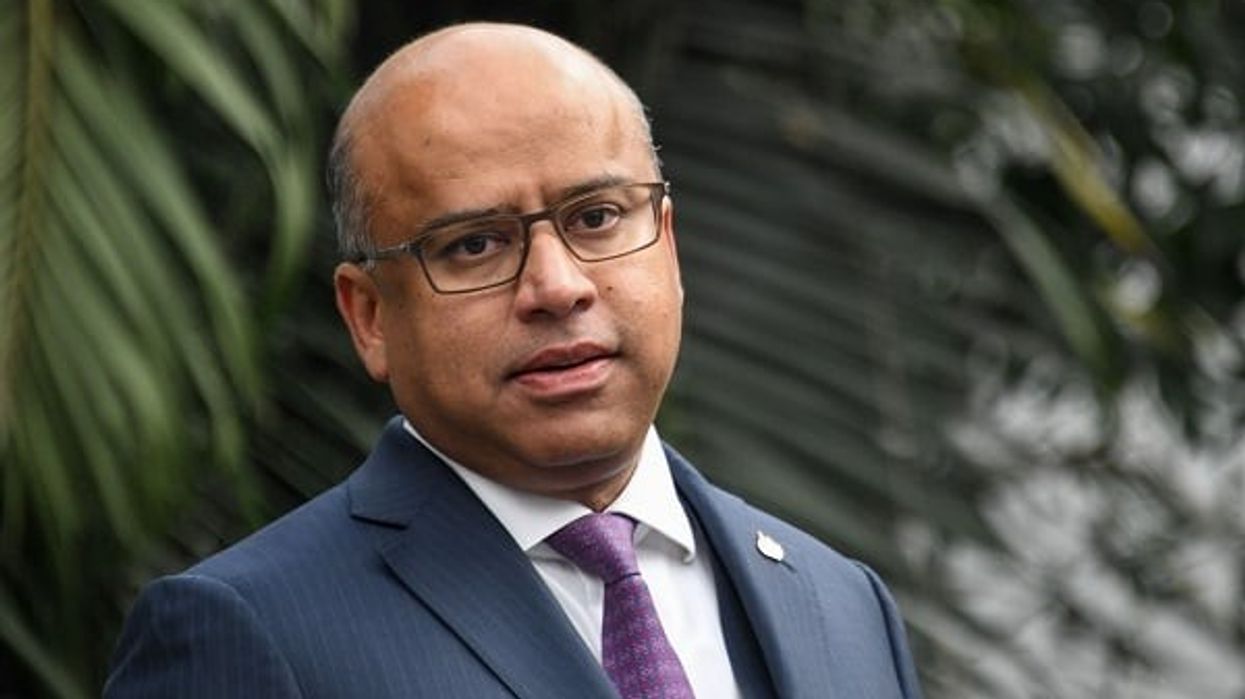BRITISH INDIAN businessman Sanjeev Gupta has revealed that documents within his steel empire were certified using stamps and digital images of his signature, as it was "physically impossible" for him to review every document personally.
This claim was made in defence documents submitted as part of a $400 million (£316m) dispute between the collapsed financial firm Greensill and its insurer, Zurich, reported the Times.
Gupta's legal team said that his company adopted the practice of using stamped and later digital signatures to manage the large volume of documents needing his approval, which he could not personally review. This method meant that his signature appeared on documents he had not personally seen.
The dispute involves Zurich contesting its obligation to pay out on insurance policies linked to Greensill’s defunct German banking unit.
Zurich argues that it was misled into covering a purported “fraudulent scheme” involving Gupta and Lex Greensill, the founder of Greensill. The insurer claims that Gupta's involvement and the lack of genuine transactions invalidate the insurance agreement.
Greensill's collapse in March 2021 revealed political connections, including lobbying by former prime minister David Cameron, and led to numerous legal battles as creditors sought compensation from Greensill's insolvent estate.
Gupta, 52, and Greensill, 47, have both issued defences in the High Court, with Greensill denying any fraudulent activities or misinformation.
Zurich alleged that Gupta’s heavy involvement in daily communications with Greensill indicates participation in the alleged scheme and disputes the validity of transactions under Gupta's agreement.
Court documents revealed that due to the extensive number of documents requiring his signature, Gupta's company used stamped and digital signatures, which meant Gupta sometimes signed documents he had not personally reviewed.
Gupta’s team added that he relied on communications with Greensill rather than the documents themselves, believing the arrangements to be legitimate.
Zurich’s allegations include claims that Greensill’s companies advanced loans to Gupta’s businesses based on non-existent payments from suppliers, and that both Gupta and Greensill made statements supporting Zurich’s case that there were no genuine accounts receivable.
Gupta and Greensill, however, have both denied making the admissions.
Lex Greensill has said that he believed all financing given to Liberty Commodities, the firm central to Zurich’s case, was based on existing debts owed by other parties, not on future business potential. He claimed that if the financing was based on different terms, he was either misled by Gupta, the GFG companies, or both.
Greensill’s statement clarified that he was not involved in any alleged conspiracy with Gupta or anyone else.
Meanwhile, a spokesperson for GFG Alliance said that the company had no involvement in the insurance arrangements made with Greensill and that any claims linking them to the Greensill insurance are incorrect. Greensill’s representative declined to offer further comments.
The case continues as both sides present their arguments in court.





